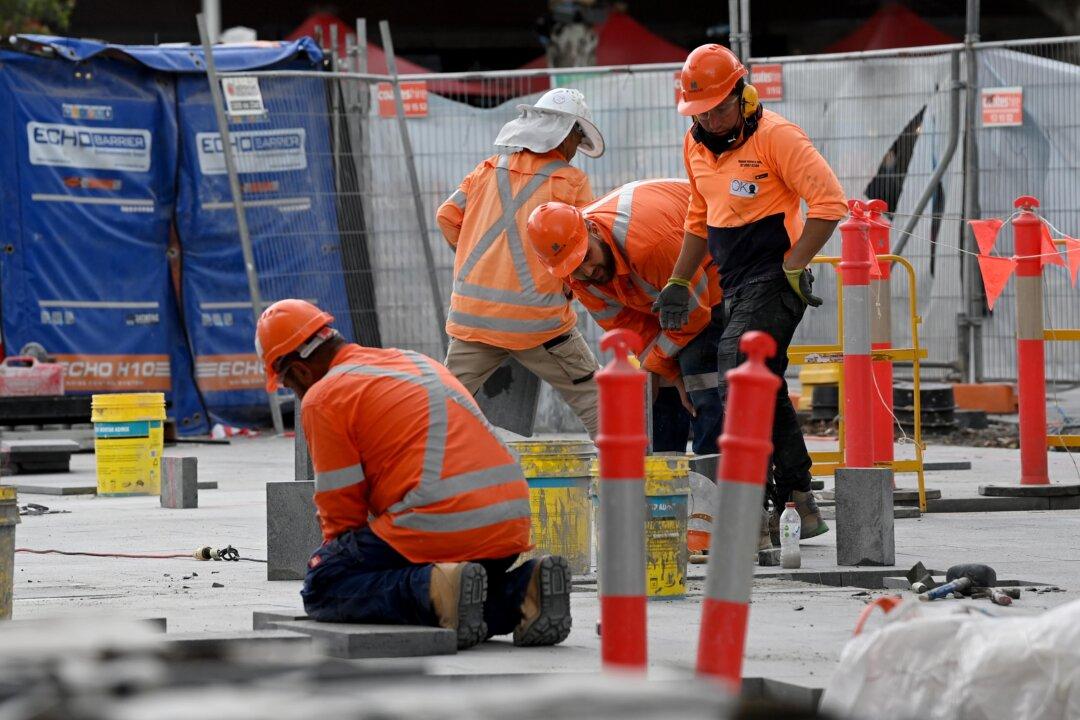Australians under-represented in the workplace would have greater access to training under a proposed multibillion-dollar skills agreement.
The federal government is looking to provide an extra $4.1 billion (US$2.71 billion) for a five-year national skills agreement with states and territories.





